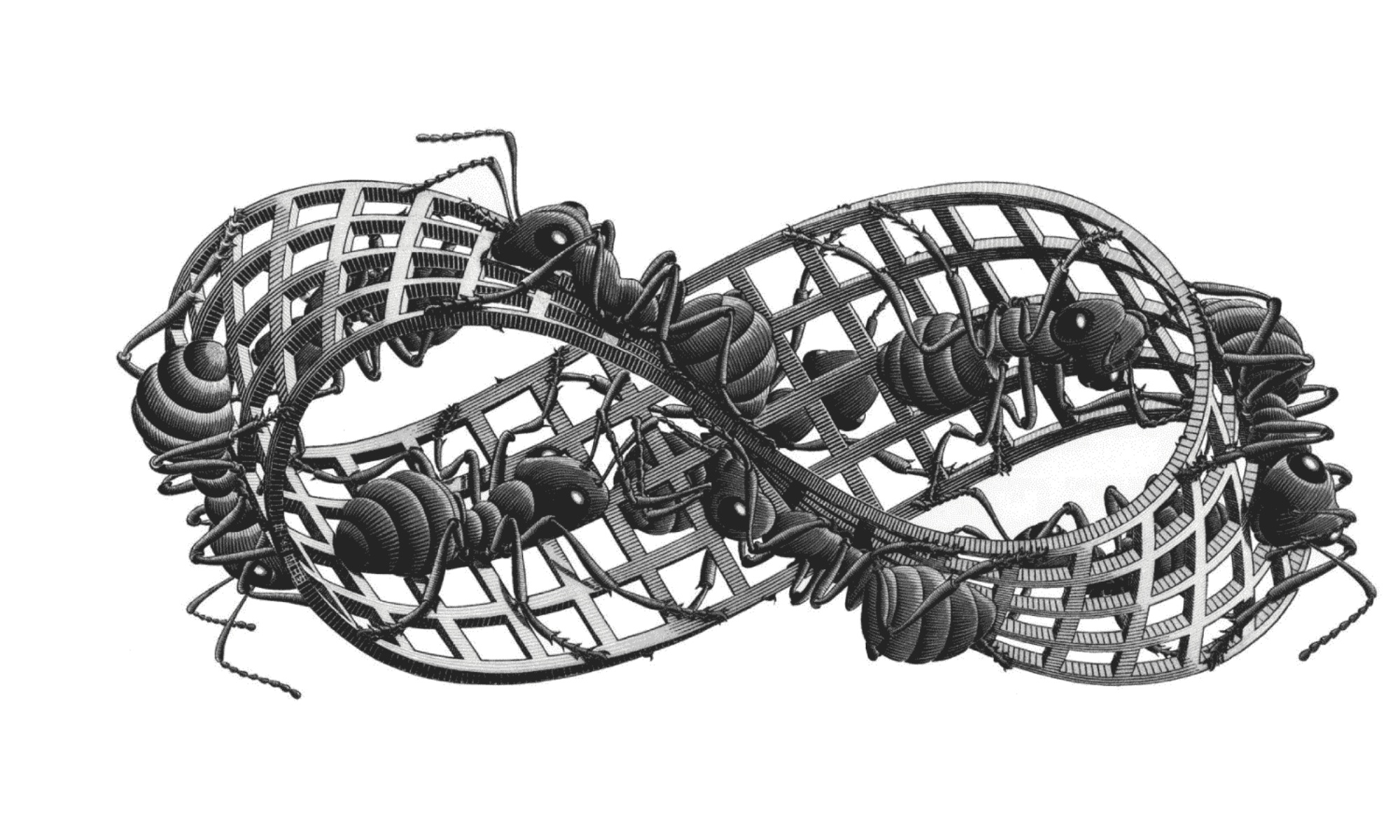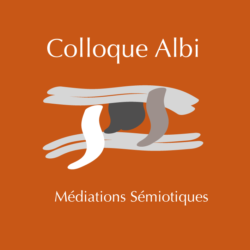University of Kaunas
“Biology is immature biosemiotics” – or the other way round ?
The troubled relationship between semiotics and natural sciences, and its potentials.
Résumé
“Biology is immature biosemiotics” : with this famous (or perhaps infamous) statement, Jesper Hoffmeyer, one of the most prominent living biosemioticians, gave his own explanation of the increasing epistemological gap between semiotics and natural sciences (a gap which, just like with Hoffmeyer’s statement, is often underlined by reciprocal digs and attacks). The beginning of this troubled relationship is possibly dated in 1963, with Thomas Sebeok’s introduction of zoosemiotics to the academic community. Since then, the history of semiotic approaches to biological topics has been a little controversial in their relationship with traditional natural sciences. Very eager to collaborate with the latter in the first 20 years, these approaches (and relative fields emerged) had become more and more willing to emerge as independent paradigms in the recent years, up to assuming occasionally antagonist (and, truth to be told, arrogant) positions. From the 1990’s onwards, biosemiotics has also witnessed its own intestine war, with one faction assuming a critical position towards traditional biological sciences (accused, indeed, of immaturity), and the other remaining more anchored to them.
Not sparing a fair amount of criticism to the current status of semiotics, the present paper shall explore the possibility (restore the original spirit ?) of semiotics a methodology that, while rooted in humanities, intends to be collaborative and, to an extent, devoted to biology. The case-study for this paper will be zoosemiotics, and the aim will be that of “packaging” the semiotic (and partly philosophical) research and interpretive tools in such a way that they can provide (when needed) a valuable support to animal communication scholars.
A brief introduction to the field will be provided, followed by an illustration of the possible forms of “assistance” that zoosemiotics may offer to natural sciences.

